Want to be seen and heard? Want to know how to attract attention from others? There are certain psychological triggers that you can use to grab someone’s attention.
When we know how to capture attention, we can choose to positively influence the behavior of others around us. Whether you are an entrepreneur, an artist, or just someone who wants to be heard, learning the art of capturing attention can be highly beneficial for you.
Are you vying for attention?
Imagine being a creator who cannot convince people of the value of his creation. Imagine looking for a promotion but not being able to impress your boss. Imagine being a startup owner unable to persuade investors. In life, it is very crucial that we know how to attract attention in order to succeed in life, whether professionally or personally.
Being able to capture attention is one of the basic requirements of being a leader. Thankfully, science has shown how our brain processes information and channels focus. This can enable us to understand the process of attracting attention.
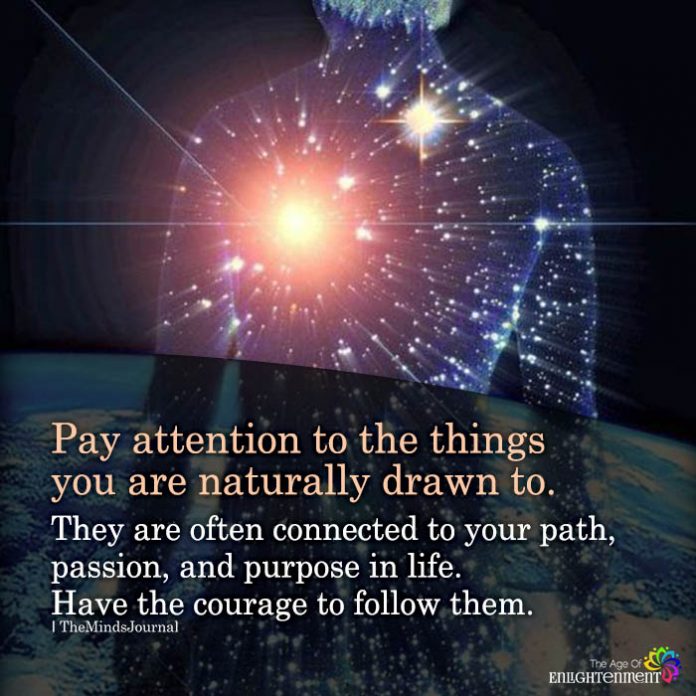
In a Harvard Business Review article, Ben Parr, author of Captivology: The Science of Capturing People’s Attention, explains “Your long-term success depends on winning the attention of others… But very few people know the science behind captivating others.” The fact is, attention is more valuable than money or any other material possessions. It is undoubtedly the most important thing anyone can give you.
Read also: 7 Science-Backed Benefits Of Journaling
How to attract attention
Based on years of research and studies on psychology, neurology, economics, and sociology, author Ben Parr outlines the following 7 triggers to catch someone to attention:
1. Automaticity
Activating the senses is crucial when you want to attract attention. For instance, the color of your attire while giving a presentation can make a big difference to how much others pay attention to you. Similarly, the color of your brand’s logo will determine how a customer perceives your company.
“If a female hitchhiker wears red, she’s more likely to get picked up. Sensory cues like these to direct our attention automatically. It’s a safety and survival mechanism that helps us react faster than our brains can think,” writes Parr. Although you don’t need to wear red clothes every time you want to attract someone’s attention, you can use this information to manipulate basic human instincts to grab attention.
“We pay attention subconsciously and automatically to certain sights, sounds, and colors, and other sensory stimuli based on the contrast they have with their surroundings and the associations we have with them,” says Parr.
The key is to use subtle techniques to influence the behavior of others so that they pay more attention to you. For instance, if you wish to build a better rapport with a client or a date, offering them a hot cup of coffee can do wonders. According to a 2008 study by Lawrence E. Williams and John A. Bargh, participants who held a cup of hot coffee were more likely to view the target individual as more caring, generous, good-natured, and “warmer”.
Also read You Can’t Use 100% of Your Brain and That’s a Good Thing
2. Framing
If you want to attract attention from others, then you need to learn how to contextualize your opinions to appeal to your target audience. “Our view of the world is shaped by our biological, social, and personal experiences and biases. These frames of reference lead us to embrace and pay attention to some ideas and to ignore others entirely,” adds Parr.
Our frames of reference are the context that influences our choices or reactions. So we need to either change our context or adapt our arguments to our audience’s frame. With the help of repetition, you can begin to change your frame of reference. A study conducted in the 1970s revealed that when we expose subjects to the same statement repeatedly, soon the subjects will begin to believe that the statement is true. Parr suggests, “So don’t be afraid to repeat a message if you want it to sink in.”
3. Disruption
Go beyond existing expectations. When something disrupts or violates your expectations, you will unquestionably pay more attention to it. “This is because we have an innate need to figure out whether the incident signals a threat or a positive development. In academic circles, this is known as expectancy violations theory,” writes author Ben Parr.
A positive disruption of expectations will make us believe that something is more favorable than it appears to be while a negative disruption has the complete opposite effect. Hence, something that is disruptive by nature will appear more interesting to us, regardless of it being positive or negative. Parr suggests “To get the attention of your bosses, clients, and colleagues, try surprising them in a positive way: ask an unexpected question, beat a tough deadline, invite them for a walk instead of a coffee.”
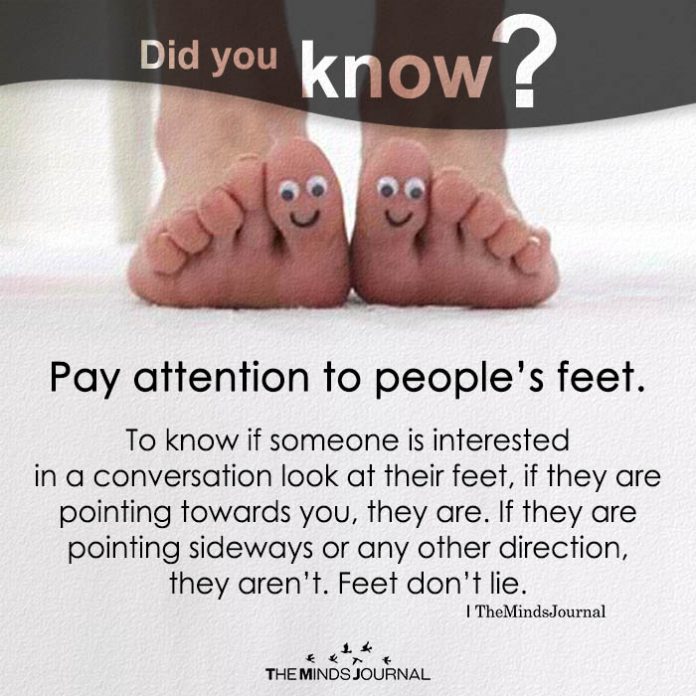
4. Reward
When you can create desire in someone, you can grab their attention. According to Parr, the neurotransmitter dopamine is more closely associated with desire than the feeling of pleasure, contrary to what most people believe. During his research, he found that dopamine causes “anticipation and motivation” according to Dr. Kent Berridge of the University of Michigan.
In a study, Berridge discovered that lab mice were able to experience pleasure even after they lacked dopamine. However, the mice lacked any motivation to pursue and accomplish rewards, leading to their deaths. This goes to show that offering both intrinsic and extrinsic rewards is an excellent way to capture someone’s attention. Parr believes that dopamine “fuels our desire to ‘want’ food, sex, money, or more intrinsic rewards like self-satisfaction and a sense of purpose. The prospect of capturing these things makes us pay attention to.”
As a leader, you need to identify which rewards are most appealing for your target audience and offer them the opportunity to achieve that. Rewards that we can feel, sense, visualize, and experience influences our attention the most.
Read also: Human Consciousness in Five Basic Steps
5. Reputation
Establishing your credibility is crucial if you wish to attract attention from someone. “We pay deference and huge amounts of attention to reputable sources,” explains Parr. We often give more value to experts than celebrities or business leaders as the most trusted speaker. According to a study conducted in 2009, there is a strong neurobiological influence of expert advice, especially on financial advice, under difficult situations.
Moreover, neuroeconomist Greg Berns at Emory University discovered that when we get advice from experts, decision-making centers in our minds become slow and even shut down at times. This phenomenon is known as directed deference as explained by Dr. Robert Cialdini. Parr adds “If you’re trying to capture the attention of people who don’t know you, feel free to lead with your credentials, establish your expertise, and cite others who are most knowledgeable on the topic at hand.” When you can persuade someone why they should listen to you, they will pay more attention to what you have to say.
6. Mystery
Create an element of mystery and keep things a bit unclear. Have you ever been hooked on a show like Stranger Things? Or read an unputdownable book? The key here is a mystery. According to author Ben Parr, the human mind and memory are wired to remember details about incomplete tasks and stories. This is scientifically known as the Zeigarnik effect.
Founded by Russian psychiatrist Bluma Wulfovna Zeigarnik, the Zeigarnik effect is a psychological phenomenon. It explains our tendency to remember unfinished events or tasks better than completed tasks. Moreover, we also hate uncertainty. According to the uncertainty reduction theory, our brain takes active steps to reduce uncertainty. And this can help you to attract attention from anyone you want.
Parr explains “Say you’re meeting with a prospective client or recruit, and you’d like her to come back for a second meeting. Tell her a story or assign yourself a task that you’ll complete when she does. Her compulsion for completion will nag at her, which means you’ve got her attention.”
So if you want someone to be interested in you or hold their attention, then don’t give away everything about you or your work. End your presentation with a hook or a cliffhanger.
Read also: The Amazing Benefits Of Fasting On Our Body According To Science
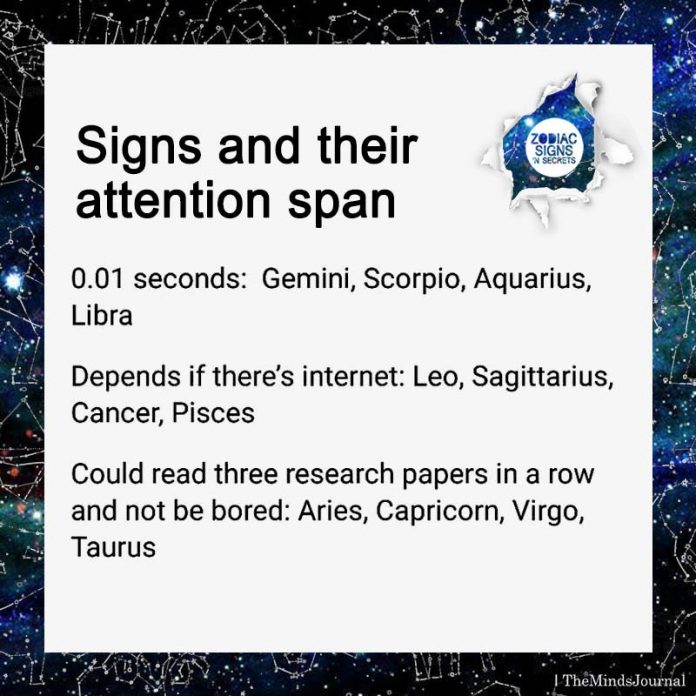
7. Acknowledgement
Media anthropologist and author Dr. Thomas de Zengotita claims that all of us look for empathy and validation from others. It is one of our basic emotional needs. Dr. Zengotita says “All mammals want attention. Only human beings need acknowledgment.” When you can validate and contribute to your target audience’s sense of identity, you will capture their undivided attention. By developing a sense of community with your audience and recognizing them you can attract their attention.
Parr believes that the key to grabbing someone’s attention is “a sense of belonging to a community that cares about us. Create that feeling for anyone whose attention you’d like to capture, and they’ll repay you.”
But that’s not all!
Also read 7 Strategies For Smarter Decision-Making, According to Science
Things to remember
There are a few more things you need to keep in mind if you want to master the art of capturing attention. Whether you are a creator or a business owner or just an average guy, here are some other ways you can attract attention from people:
- Offer value to your target audience. Attention is valuable so you need to offer a return on their investment.
- Convince your audience that you care about them. It’s not about the business. But it’s about them. People can sense if you care about them or care about what they have to offer you. If you care about them they will care about you.
- Deliver on your promise. It’s one thing to attract attention, but holding attention is a completely different game. When you can keep your end of the deal, you will be able to hold their attention longer than you can imagine.
- Show your true self. Can you imagine Apple without Steve Jobs? If you want people to give attention to your brand, then you need to show them who you really are as a human being. This will add a human element to your brand or creation and build trust.
- Be unique. If you are doing what everyone else is, why should your audience pay attention to you and not the others? Identify how you and your creation are different from others and what makes you stand out from the rest.
- Be inspiring. Why do you think motivational quotes are so popular on social media? People want to feel inspired to pursue and accomplish their dreams. When you can inspire your audience, you can easily attract attention from them.
Attract attention to succeed
Whether in business or in social life, we always strive to attract attention from others. The tips and suggestions mentioned above will help you gain a better understanding of how you can grab and hold attention from people.
Parr concludes “Understanding the science of attention is a prerequisite to success in the information age.” Once you know the science and psychology of capturing attention from people, you will be better able to develop strategies to succeed in life.
Here is an interesting video that you may find helpful:
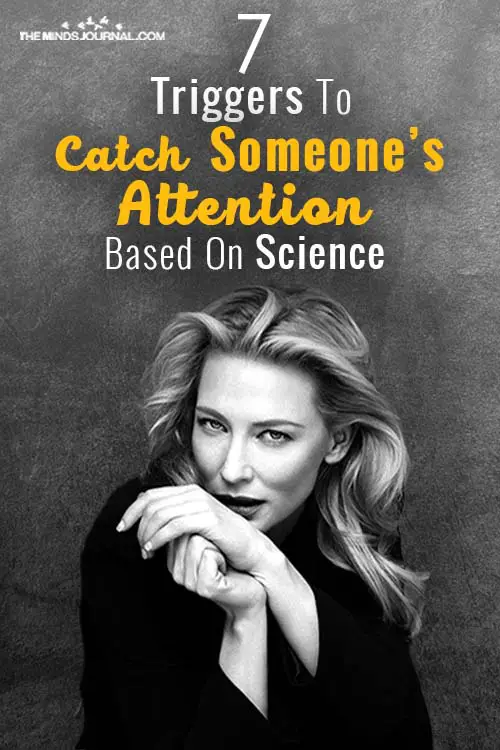
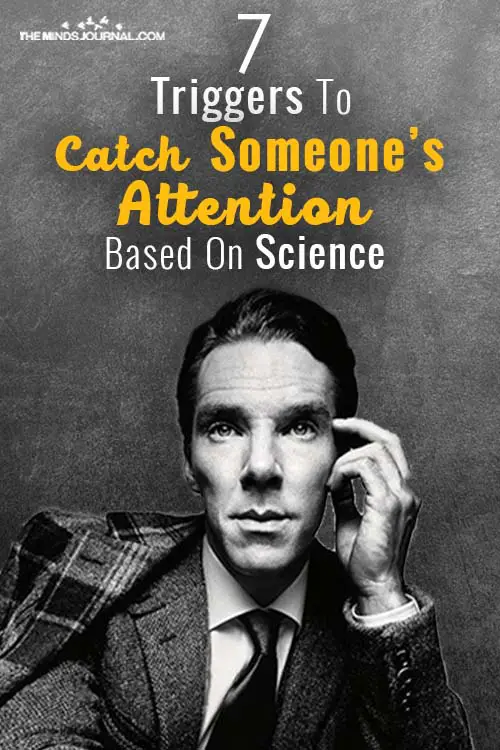
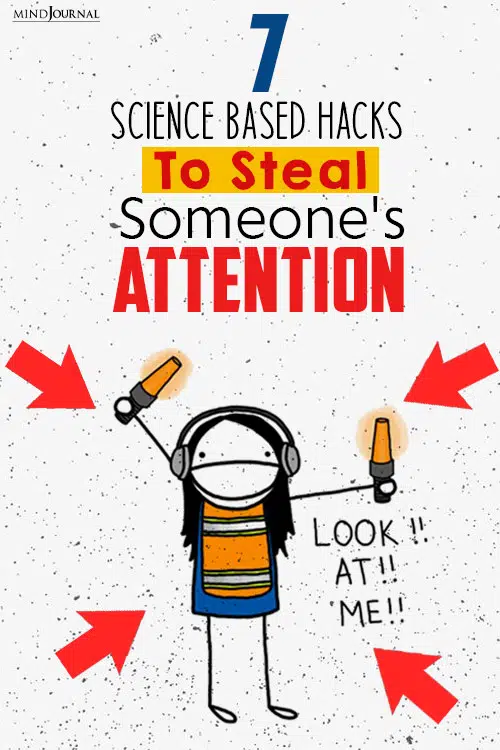




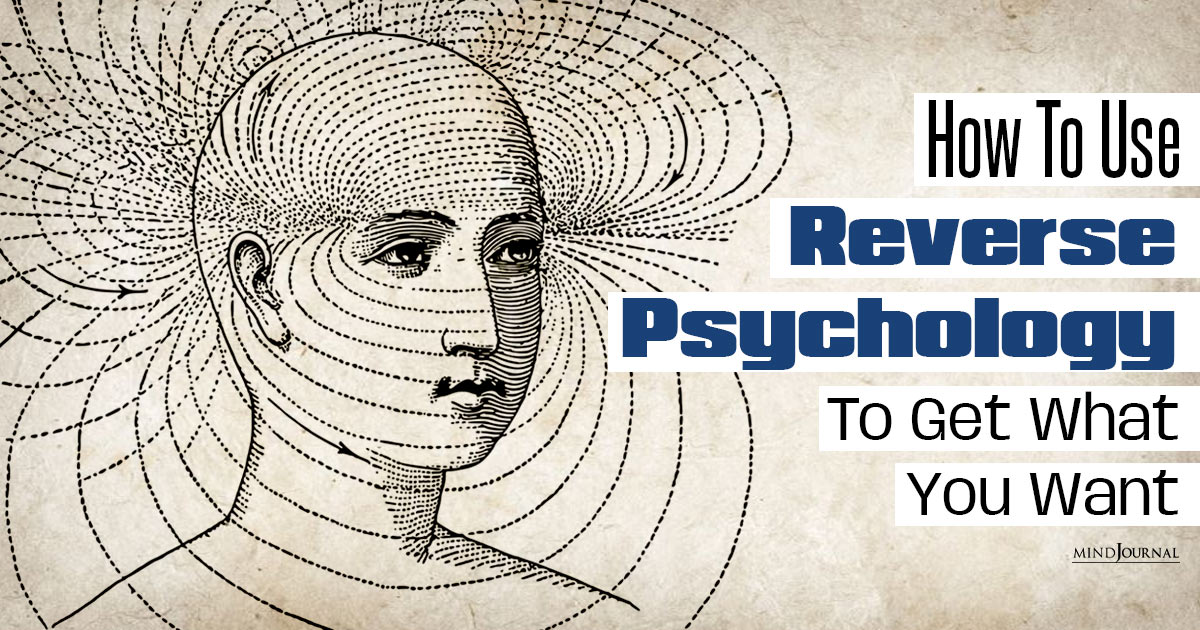



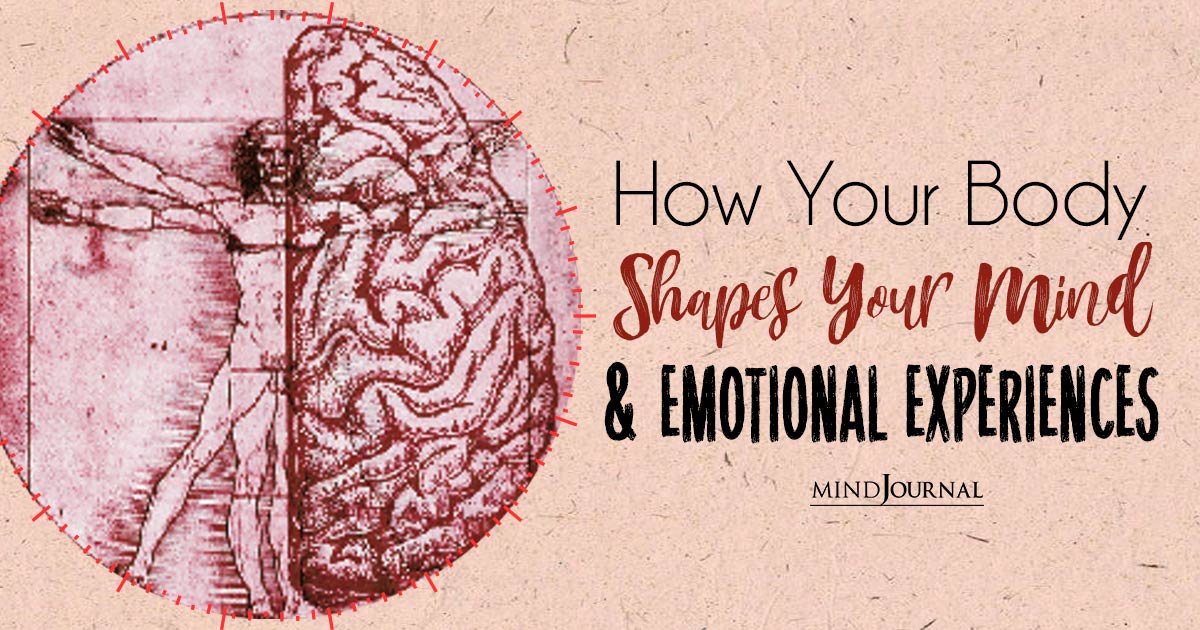
Leave a Reply
You must be logged in to post a comment.